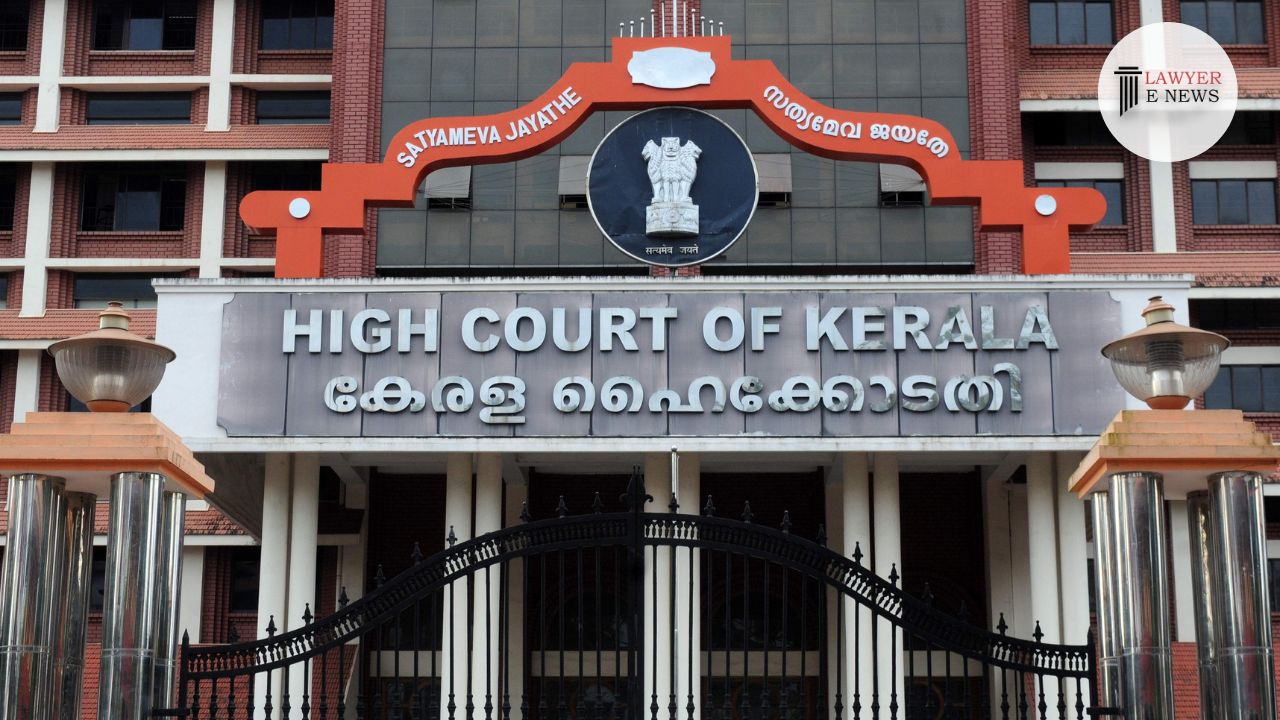-
by Admin
15 February 2026 5:01 PM



Kerala High Court stresses importance of detailed charges under Section 119(1)(a) of Kerala Police Act in ruling against prosecution.
In a recent judgment, the Kerala High Court quashed the proceedings against Arun S, accused of making sexual gestures in public that degraded the dignity of women. The court, presided over by Justice A. Badharudeen, highlighted the lack of specific allegations and evidence in the FIR and Final Report, underscoring the importance of detailed charges in such cases.
The case against Arun S arose from an incident on November 16, 2023, near the KSRTC Bus Depot in Attingal, where he was accused of making sexual gestures in public, allegedly violating Section 119(1)(a) of the Kerala Police Act, 2011. Following the FIR (Annexure A1) and the Final Report (Annexure A2), the case was taken up by the Judicial Magistrate of First Class-I, Attingal, under Crime No. 2539/2023.
Justice A. Badharudeen, after a detailed hearing, found the prosecution’s case lacking in specific details regarding the alleged sexual gestures. “Neither the FIR nor the Final Report discloses the overt acts that would constitute an offense under Section 119(1)(a) of the KP Act,” the court noted. This deficiency was crucial as the law requires explicit mention of the gestures or acts to substantiate the charge.
The court referred to the case of Arun v. State of Kerala [2019 (3) KHC 132], where similar charges were quashed due to a lack of specified allegations. This precedent reinforced the principle that mere assumptions or unspecified accusations do not meet the legal threshold for prosecution under Section 119(1)(a).
The prosecution, represented by the Public Prosecutor, failed to present concrete evidence or details of the alleged gestures. Justice Badharudeen remarked, “The prosecution materials do not suggest what actually the sexual gestures or acts performed by the accused were, making the entire prosecution meritless and baseless.”
The court reiterated that Section 119(1)(a) of the Kerala Police Act criminalizes specific acts or gestures performed in public that degrade the dignity of women. The absence of discernible acts from the prosecution’s documents rendered the case untenable. Justice Badharudeen stated, “If the sexual gestures or acts performed by the accused could not be discerned from the FIR, Final Report, or other materials, mere assumptions by the officers would not suffice to constitute an offense under Section 119(1)(a).”
Justice Badharudeen emphasized, “Performing of any sexual gestures or acts in public places degrading the dignity of women is the essential ingredient to constitute an offense punishable under Section 119(1)(a) of the KP Act. The prosecution’s failure to specify these acts renders the case groundless.”
The Kerala High Court’s decision to quash the proceedings against Arun S underscores the judiciary’s commitment to upholding the principles of specificity and evidence-based prosecution in criminal cases. The ruling highlights the necessity for law enforcement and prosecutors to present clear and specific allegations, especially in sensitive cases involving sexual misconduct. This judgment is expected to influence future prosecutions under Section 119(1)(a), ensuring that charges are substantiated with detailed and discernible evidence.
Date of Decision: July 02, 2024
Arun S v. State of Kerala
